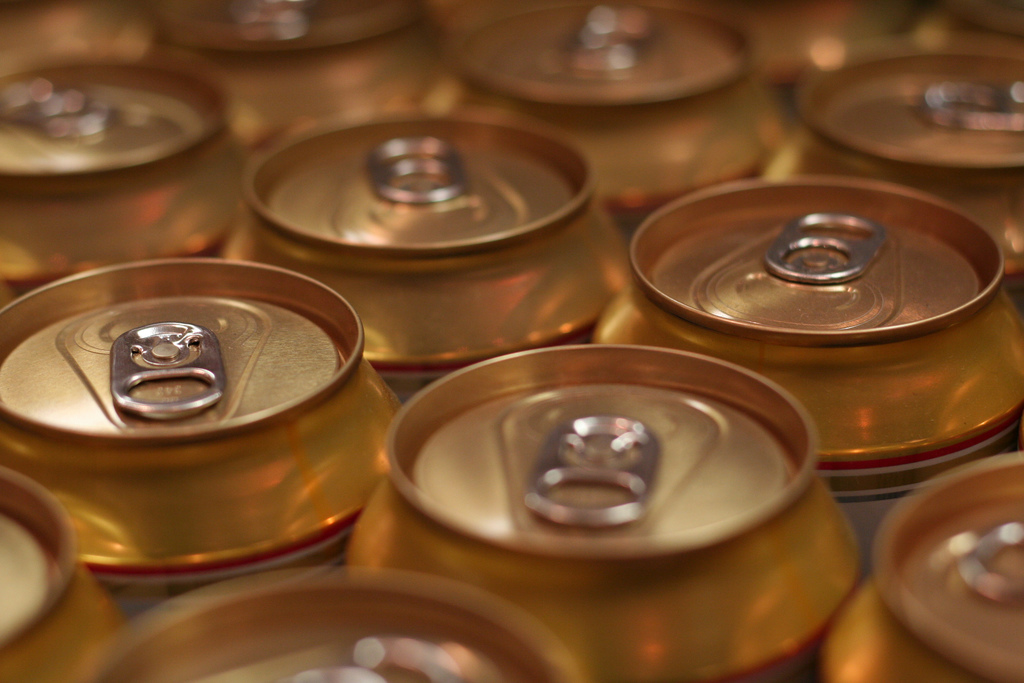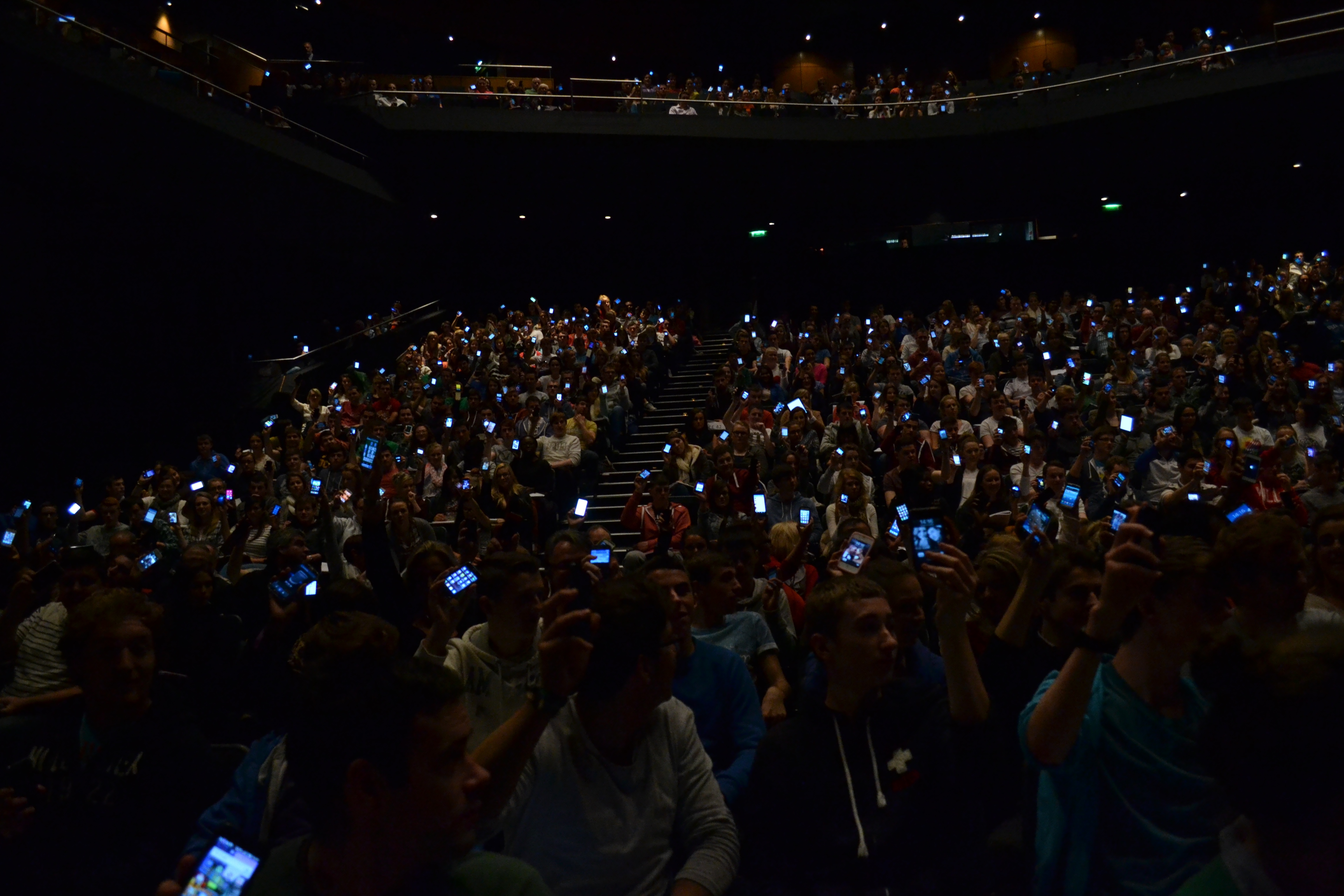
Ireland is the only EU member state to report an increase in gas consumption in the second quarter – April, May, June – of this year despite growing concern about energy supply not meeting demand this winter.
The gas report, compiled by the European Commission, condemned the “weaponisation” of energy utilised by Vladimir Putin following sanctions imposed on Russia for its invasion of Ukraine.
26 EU countries, barring Cyprus where no data is available, reported a fall in gas consumption in the last quarter. In contrast, Ireland saw a 6.4 per cent year-on-year increase.
The report also found that small Irish households were among the steepest for energy bills in the same quarter this year followed only by Denmark. Large and medium-sized Irish companies also paid the highest electricity bills in the same period.
Before the war in Ukraine, Russia provided Europe with 40 per cent of its natural gas through pipelines including the Nord Stream 1 pipeline connected to Germany, and 30 per cent of its oil. The pipeline Nord Stream 2 ceased construction following the invasion of Ukraine in February this year.
Russia has cited maintenance and other issues for refusing to continue gas flows via the pipeline since the war began.
As a result, energy prices rose quite significantly in March, and following a brief period of stable prices again rose rapidly after Russian gas giant Gazprom shut flows to some European countries entirely, the commission’s report stated.
Despite sanctioning Russia for the illegal invasion, the EU spent over €20b on Russian gas this year.
Gas accounts for 30 per cent of Ireland’s energy including half of its electricity and 40 per cent of all heating.
While Ireland gets most of its gas from Britain via Norway, the wholesale price of gas, reliant on international factors, has increased nonetheless.
Figures compiled by consumer price watchdog Bonkers.ie show that price increases will add over €1,000 extra to electricity bills for households each year. For gas, this figure increases to €1,100.
The average bill for gas and electricity combined is already around €4,000.
Several government ministers have not ruled out the possibility of blackouts this winter.
In an effort to combat increasing energy consumption, the Department of Environment, Climate and Communications has adopted a strategy titled ‘Reduce Your Use’ which aims to conserve energy.
As part of the initiative, the government has asked households to use washing machines, cookers, showers, dryers, and kettles more prudently and outside the ‘peak hours’ of 4pm – 7pm.
The public has also been asked to turn their thermostats down at home and to not heat empty rooms.
Driving at lower speeds and not using your car for short journeys is also being encouraged by the government.
Theo McDonald
Image credit: Getty Images



